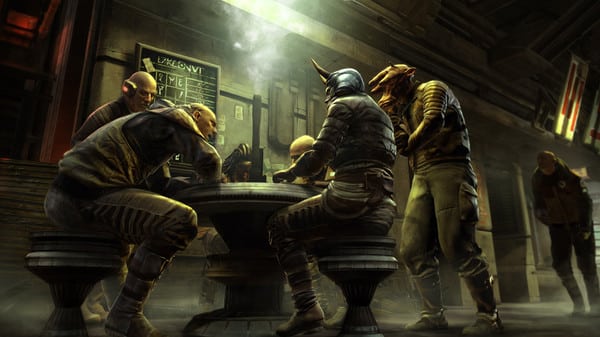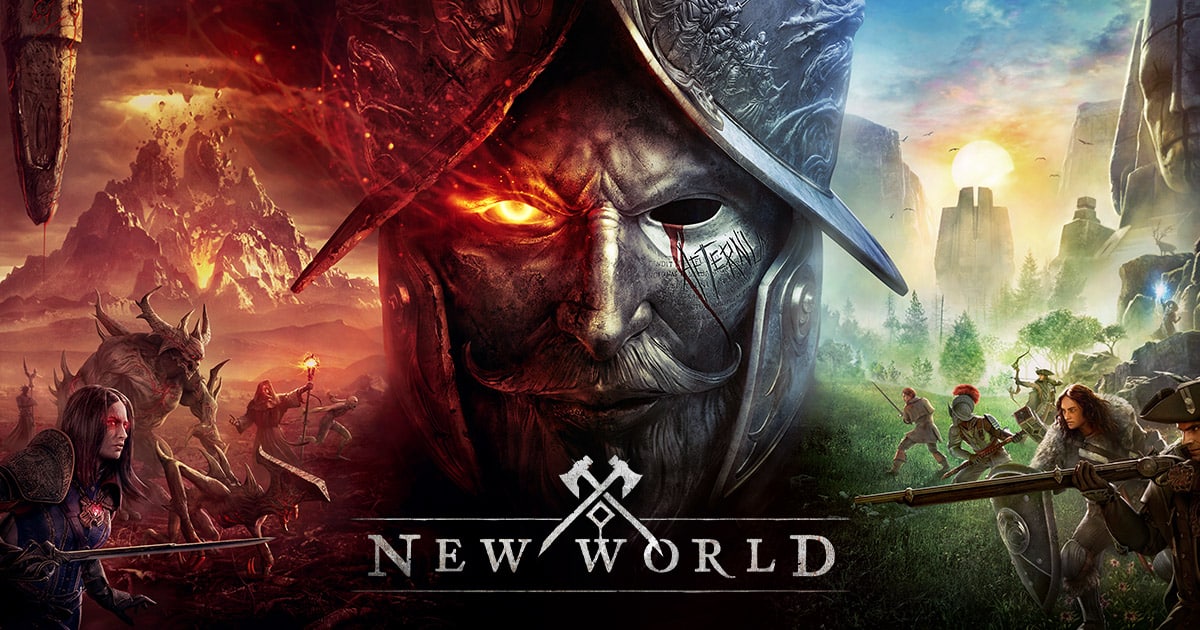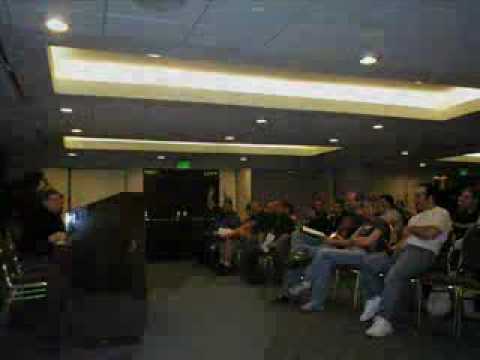The Star Wars universe, spanning several decades of cinema, books, and television, is a rich tapestry of complex narratives, diverse characters, and moral dilemmas. One aspect of this universe that stands out is the frequent depiction of gambling, from the high-stakes games of sabacc to the thrilling pod races. It not only showcases the allure and risk associated with chance but also offers a revealing look into the characters, their moral compass, and the consequences of their choices.
Gambling and Character Development
In the Star Wars universe, gambling is often used as a narrative device to develop characters and set the stage for pivotal moments in the storyline. One of the most notable examples of this is the character of Han Solo, a charismatic smuggler with a penchant for high-stakes sabacc games. Solo’s frequent engagement in gambling and his daredevil approach reveal his character traits: his risk-taking nature, quick wit, and unorthodox approach to solving problems. It’s in one such game of sabacc that he wins the Millennium Falcon from Lando Calrissian, a victory that shapes the trajectory of his life.
Another compelling example is the pod race in “The Phantom Menace.” Young Anakin Skywalker participates in a deadly race, gambling not only with money but with his very life, to secure his freedom and the necessary parts to repair Queen Amidala’s ship. This moment underscores the desperation and resilience of Anakin’s character, his skills as a pilot, and foreshadows his eventual rise and fall in the larger narrative.
The Moral Quandaries of Gambling
While gambling is shown as an integral part of the Star Wars universe, it also raises complex moral questions. It’s often portrayed in morally grey areas, with characters engaging in it out of necessity, ambition, or even a simple love for the thrill. While it sometimes leads to positive outcomes like Han winning the Millennium Falcon or Anakin gaining his freedom, it also brings about negative consequences.
The ethics of gambling come to the forefront in “The Last Jedi” when Finn and Rose visit the Canto Bight casino. They are surrounded by the galaxy’s elite, who are profiting from the ongoing war, and we see the ugly side of gambling—the exploitation, greed, and stark class disparity. The lavishness of Canto Bight starkly contrasts with the suffering of the child slaves and abused fathiers (race animals), highlighting the moral implications of such a pastime.
Ultimate Choices and Consequences
In the Star Wars universe, gambling often symbolizes the characters’ willingness to take risks for the greater good or personal gain. It reflects their ultimate choices and the ensuing consequences. Han Solo’s willingness to gamble illustrates his readiness to seize opportunities even in the face of danger, shaping him into the hero he eventually becomes. On the other hand, the spectacle of Canto Bight underscores the choices made by the wealthy to turn a blind eye to the suffering of others, illuminating the darker side of the galaxy.
In conclusion, the portrayal of gambling in the Star Wars universe serves as a powerful narrative tool, providing insight into characters’ personalities, their moral inclinations, and the repercussions of their choices. It’s a testament to the nuanced storytelling of the Star Wars universe that even a pastime such as gambling can carry such profound implications about morality and character development.







